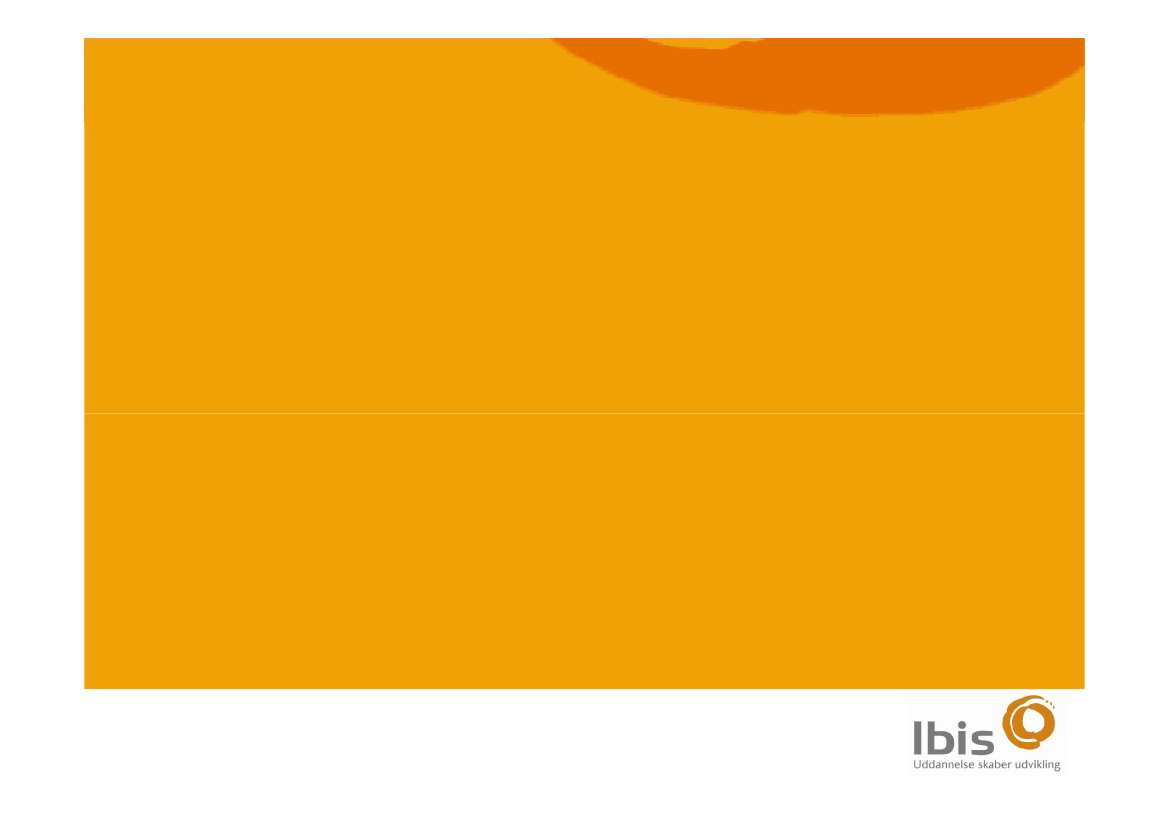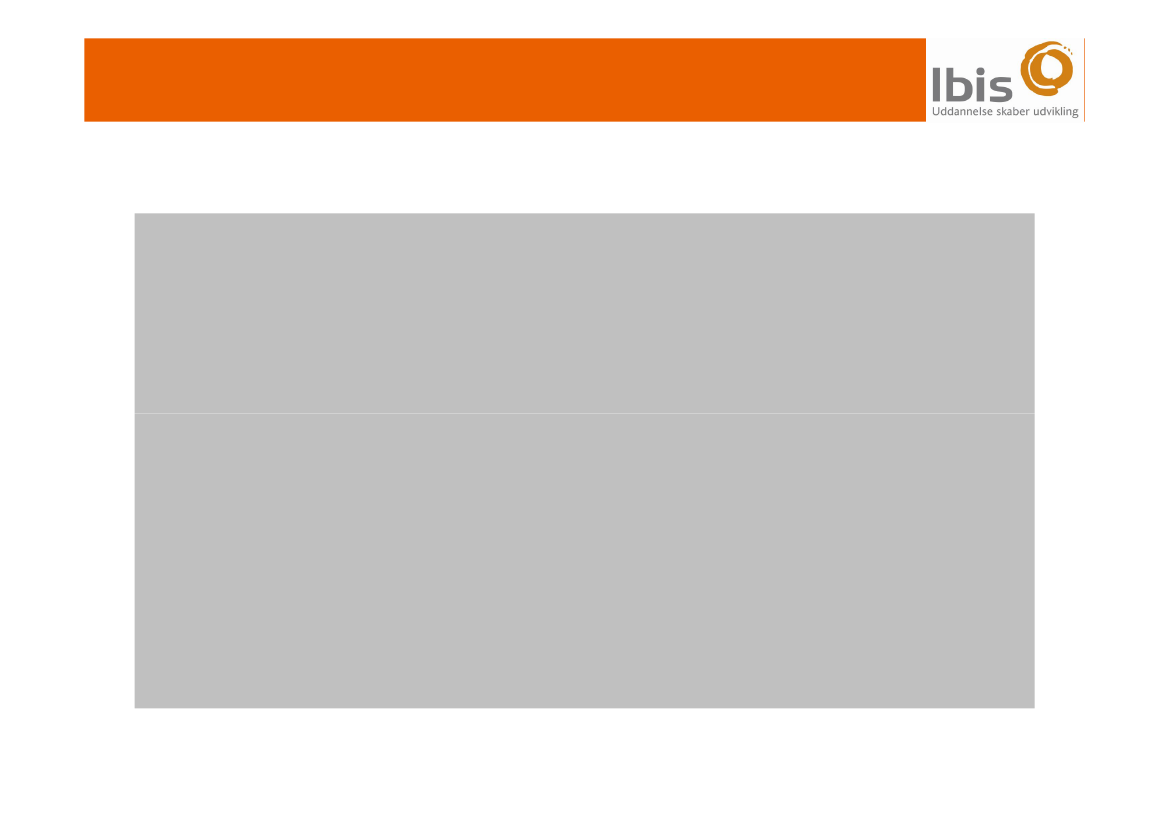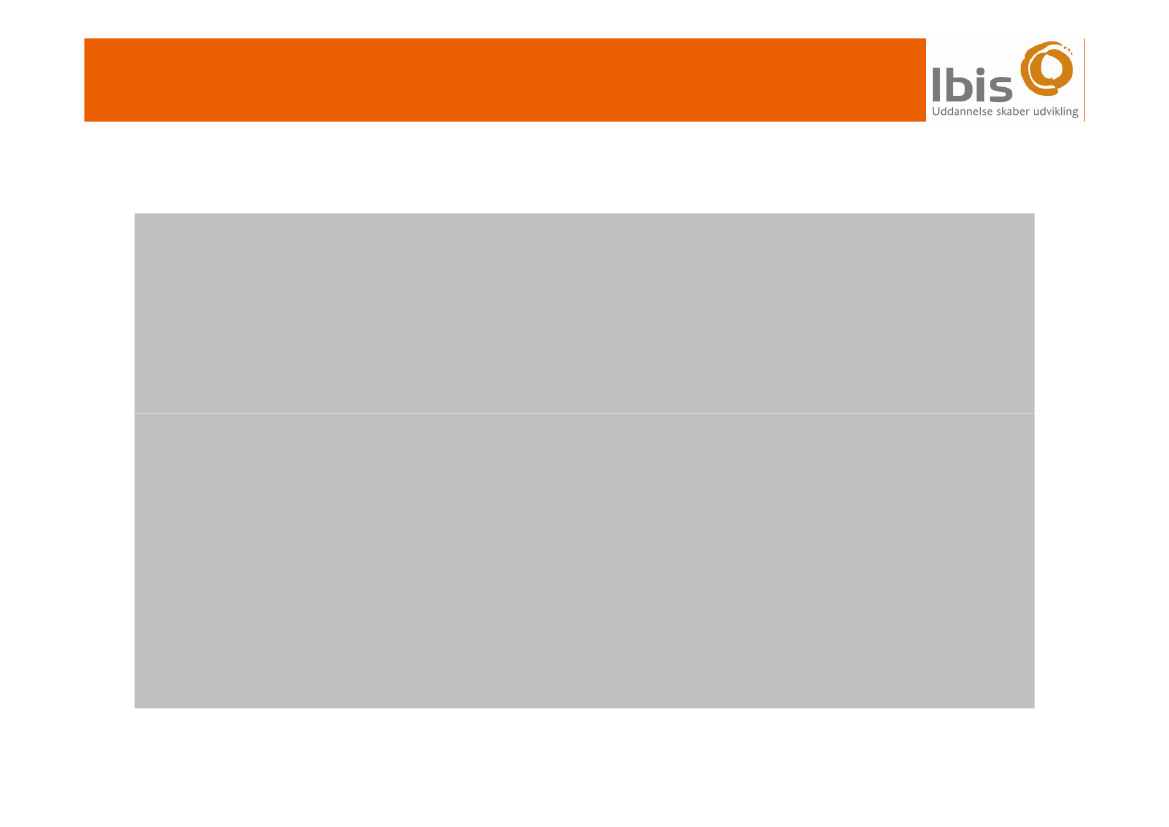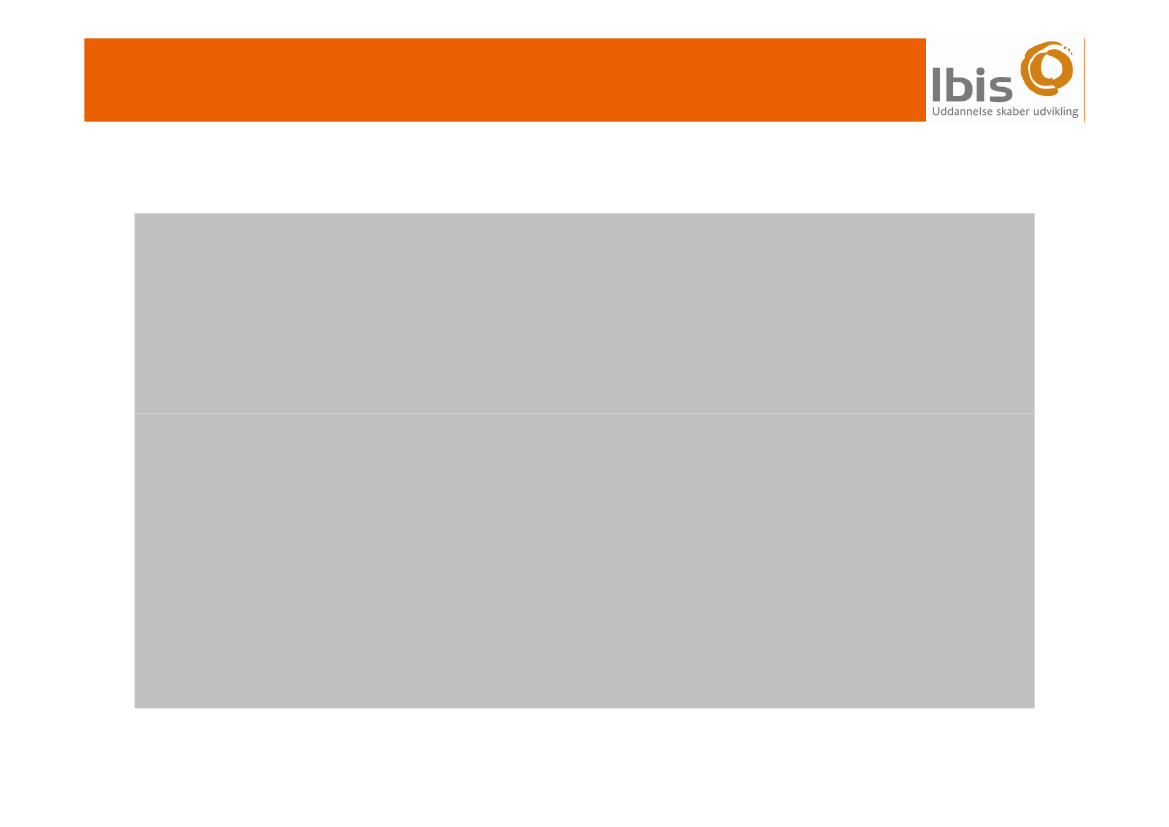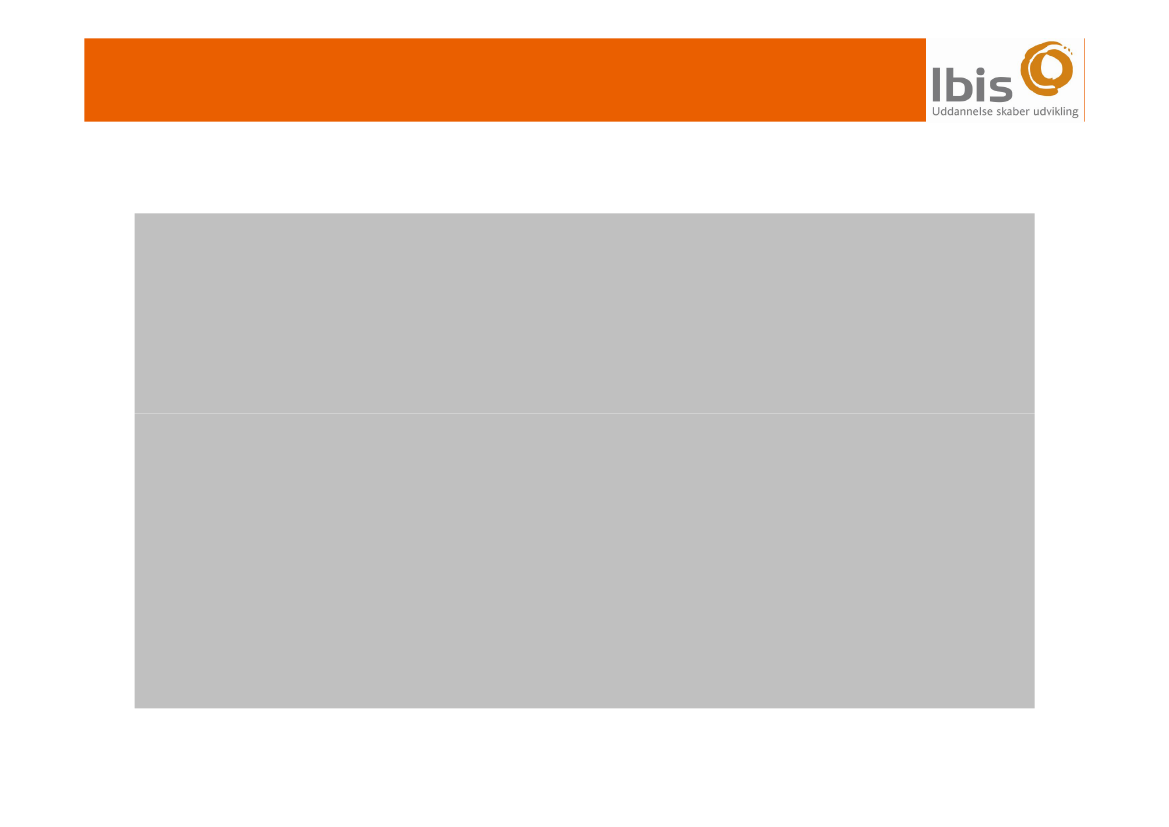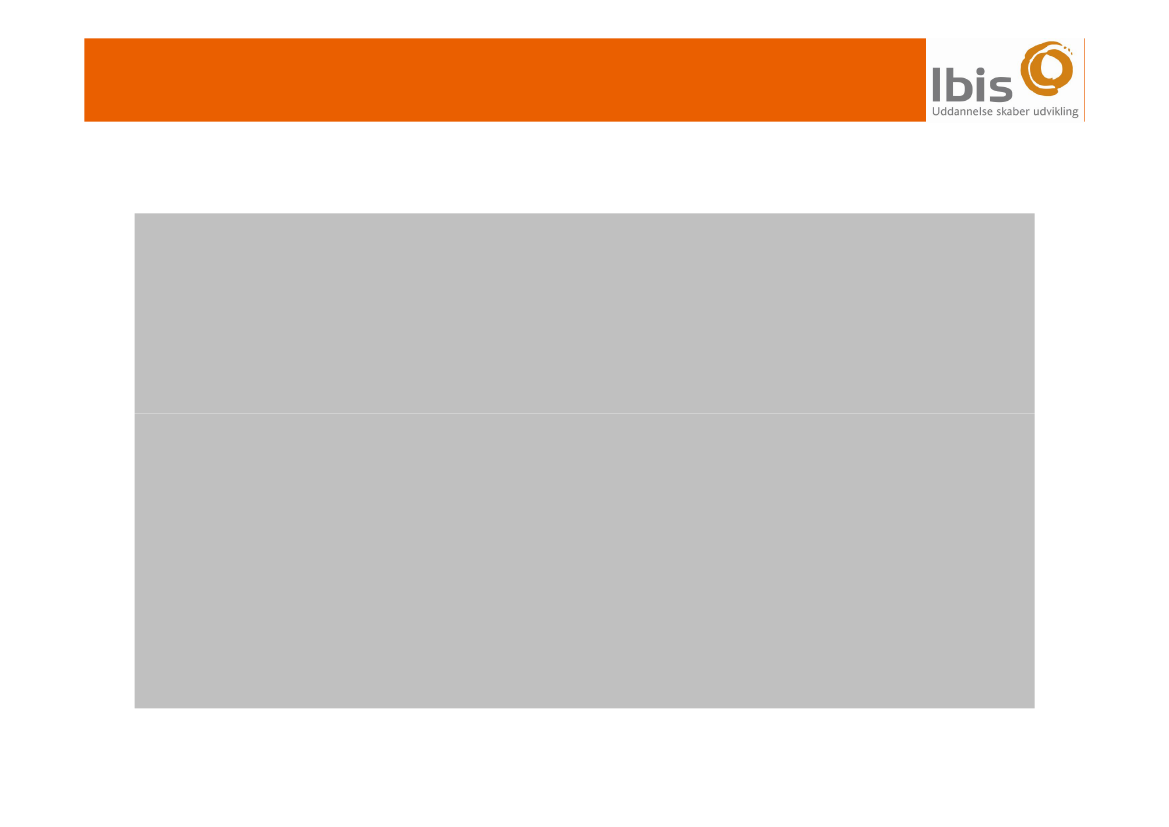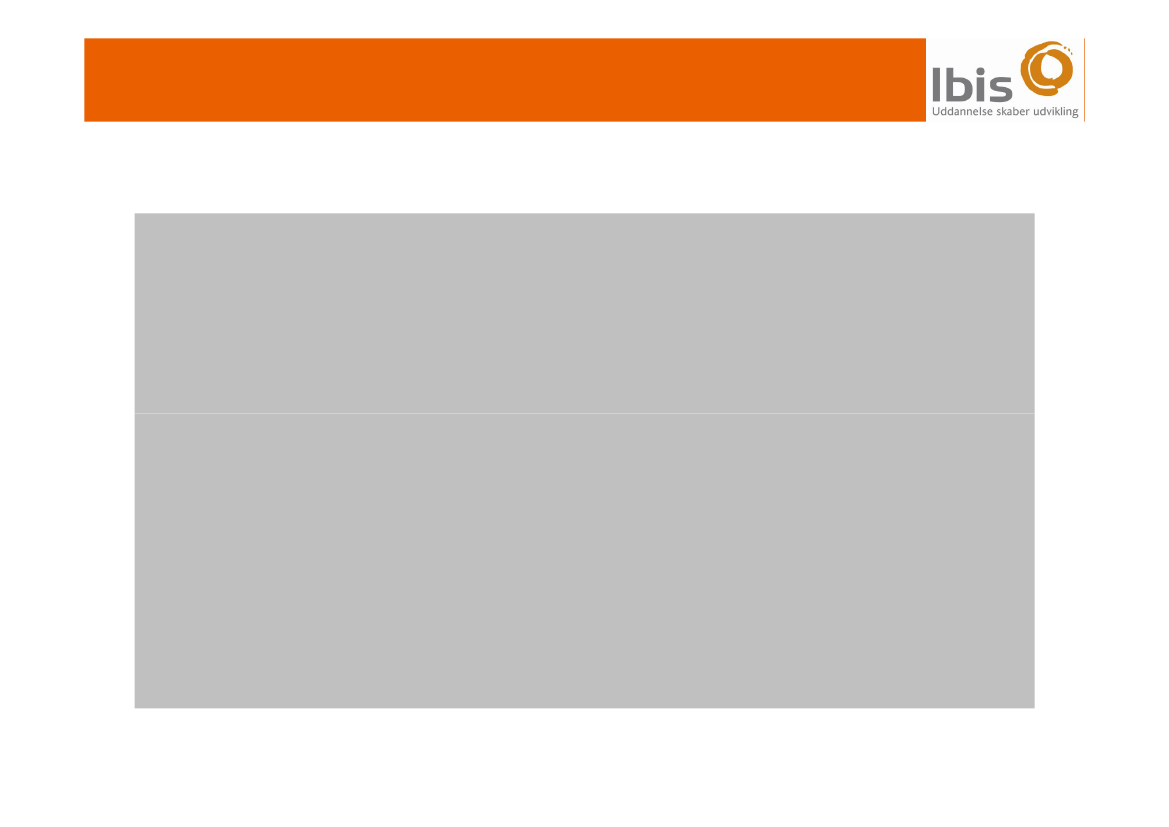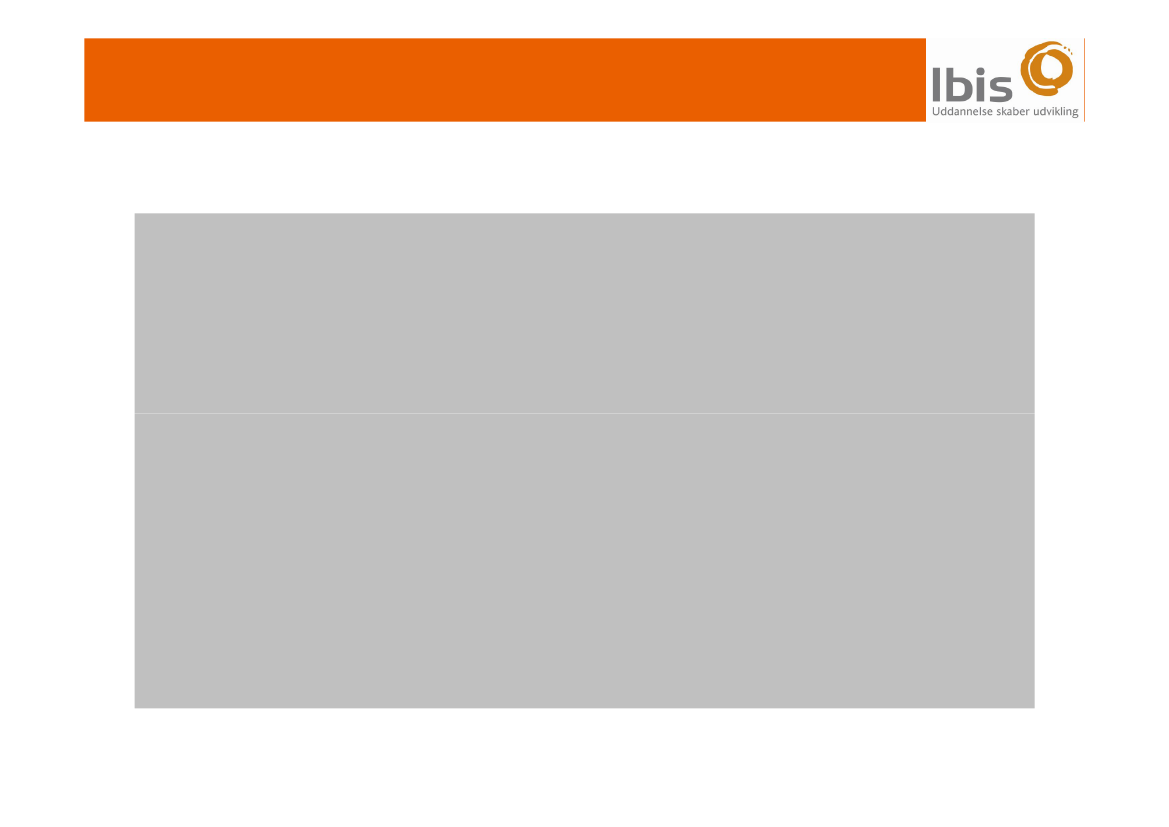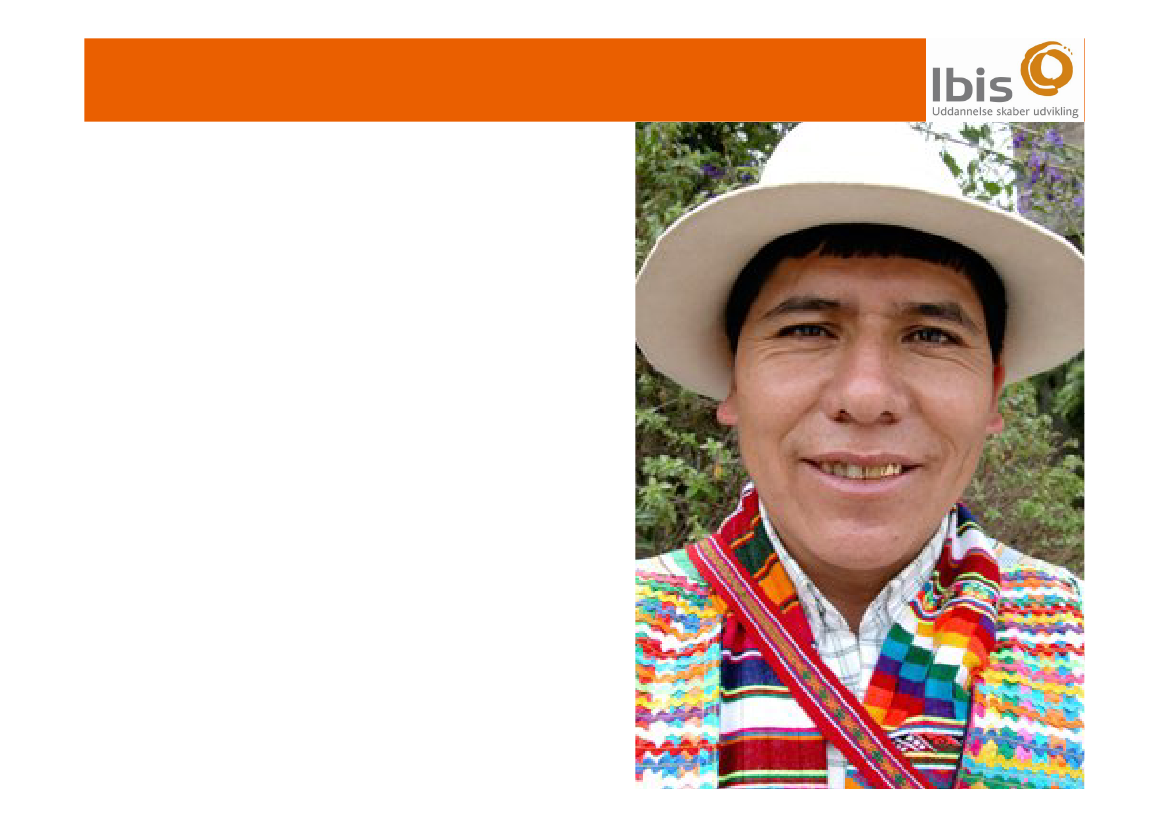Udenrigsudvalget 2009-10
URU Alm.del Bilag 139
Offentligt
The World Ban and theFinancial Crisis
Lars KochIBISJanuary 20101
WB & Financial Crisis• Financial crisis and the World Bank– Devastating for developing countries– Salvation for the IMF & WB?
• Are the IMF and the WB the right actors to solvethe crisis?• WB strategy: Private sector led growth•Nordic-Baltic countries must ensure thatprivate sector investment contributes todevelopment and poverty reduction2
OverviewFour areas for increased focus over the nextyears:1. Conditionalities – still and issue?2. When the Bank is doing business!3. IFC lending – contributing to real growthand poverty reduction?4. WB governance reform3
Conditionalities• WB has improved – fewer conditions attached tolending• Maybe because “job done!” – there is no morethings to liberalise and privatise in Africa?• Still many ‘soft conditions’ in Banks operationsand advice• Away from prescriptive economic conditionsTowards Outcome based conditions with point ofdeparture in social outcomes as defined in the2015 development goals4
Doing Business with the Bank• WB annual Doing Business report – whereshould you set up Business? Ranking ofcountries according to indicators.• In its spirit it is all about deregulation, avoidinglabour rights and minimise tax payment•Belarusgets a good score for making it easierto fire workers•Georgiais praised for abolishing social taxes• Tax havens figure top of the list – is this what wewant to encourage?5
IFC and tax-evading companies• Lending to private sector led growth:• IFC up 200 % from 5,6 bio in 200414,5in 2009• IFC supports companies based in tax havens andaggressively avoiding tax• 6-700 bio USD are escaping developing countriesthrough multinational companies• Especially in the extractive industries sector this is theproblem• The case of Kosmos Oil in Ghana illustrates the problem• Is this a growth model that contributes to developmentand pro-poor growth?6
WB Governance Reform• The ethos of the WB is reflecting itsundemocratic structure• Strengthen the voice of developingcountries.• The IMF limited governance model is not amodel for the WB• More equal voting power for dev’ countries• EU reshuffling of 8 Board directors?7
IDA 16 replenishment– an opportunity for influence
••
•
IDA replenishment negotiation from FromMarch to end 2010.Norwegian government said that “VolumeofNorwegian aid channelled through the WB willdepend on results in governance and reformprocesses”Replenishment should push for•••Doing Business indicators on social rights and tax payment– and other subtle ways of setting conditionsIFC due diligence on tax havens and labour standardsGenuine Governance reform8
9
